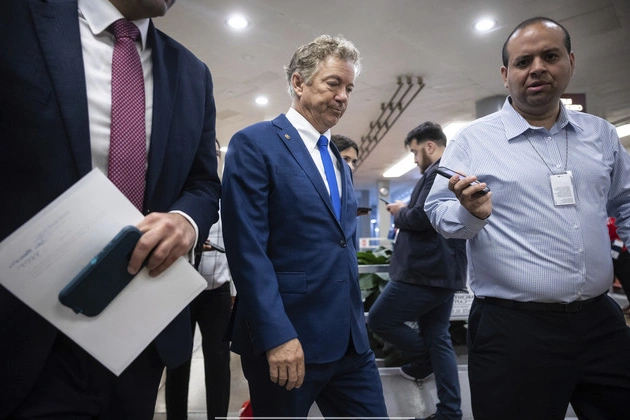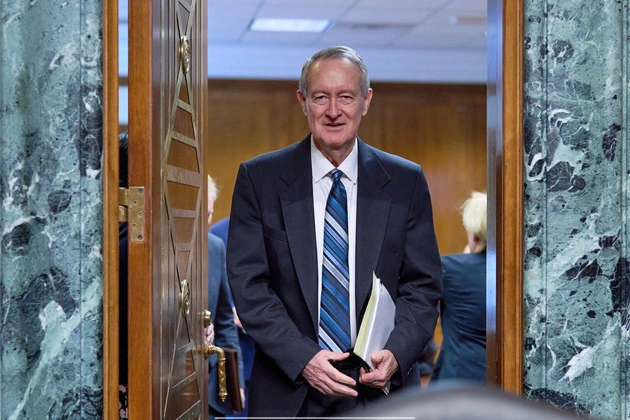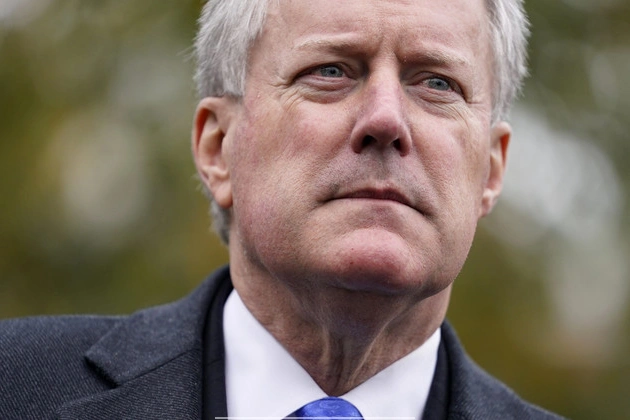
Race to Pass Trump Agenda: House and Senate Compete for Legislative Victories
As the political landscape unfolds, the House and Senate are engaged in a competitive race to pass President Trump’s agenda. House Speaker Mike Johnson and top leaders have committed to consolidating border, tax, and energy policies into a unified bill, aligning with Trump’s vision. On the other hand, Senate leaders are pursuing a two-bill approach, aiming for swift legislative wins for the incoming president.
Race for Progress
The essence of this strategy is a friendly competition between the two chambers to showcase rapid progress. House Budget Chair Jodey Arrington challenged the Senate, playfully stating, ‘I’d say, catch us if you can.’ In response, Senate Budget Chair Lindsey Graham emphasized the Senate’s agility, indicating a determination to move forward independently if needed.
Senate Republicans, led by Graham, are crafting their own two-bill-oriented budget, keeping their options open in case the House faces delays. This approach aims to maintain flexibility while working closely with House counterparts to achieve common goals.
Strategic Differences
The Senate’s decision to pursue a separate path reflects skepticism among Republican senators regarding the House’s ability to unify behind a comprehensive bill that includes significant tax reforms. While the House remains optimistic about passing its budget blueprint by February’s end, challenges within the party loom large, particularly concerning the bill’s financial implications.
Johnson’s efforts to synchronize the monumental undertaking involve consultations with key stakeholders, including Trump, Thune, and Vice President JD Vance. The coordination between the House and Senate is crucial for the success of the legislative agenda.
Challenges and Strategies
Despite the Senate’s readiness to proceed independently, uncertainties persist regarding the timeline and coordination with the House. Senate Republicans must balance patience with proactive measures, prepared to act swiftly if required.
The House faces internal hurdles, particularly concerning the bill’s cost implications. Striking a balance between fiscal responsibility and program efficacy is paramount for garnering support within the party.
Unity vs. Independence
Internal debates within the Senate GOP underscore differing opinions on the optimal strategy. While some advocate for parallel tracks to expedite progress, others caution against fragmentation, emphasizing the need for unified efforts.
As the political dynamics evolve, the possibility of strategic shifts remains open. Both chambers must navigate the delicate balance between collaboration and independence to advance the shared agenda effectively.
Stay updated on the latest developments as the House and Senate navigate the intricacies of passing President Trump’s agenda.















